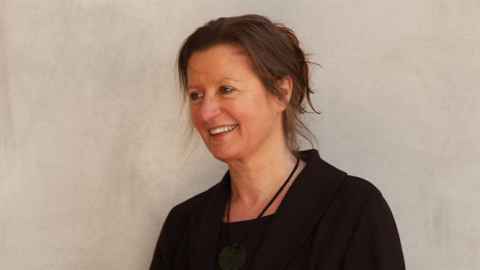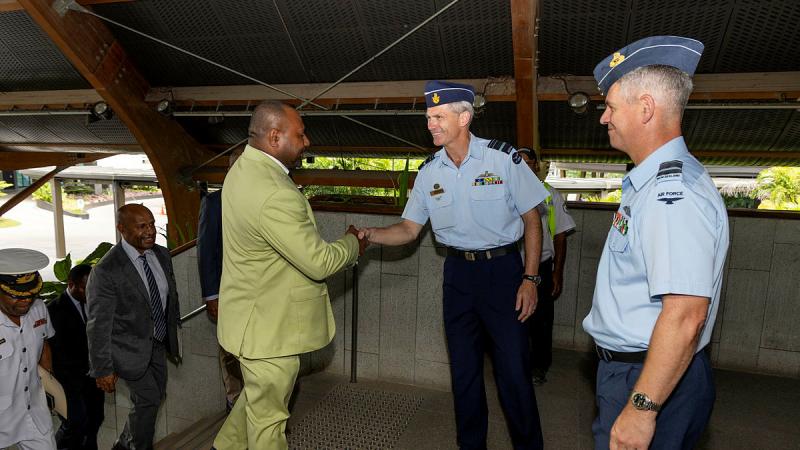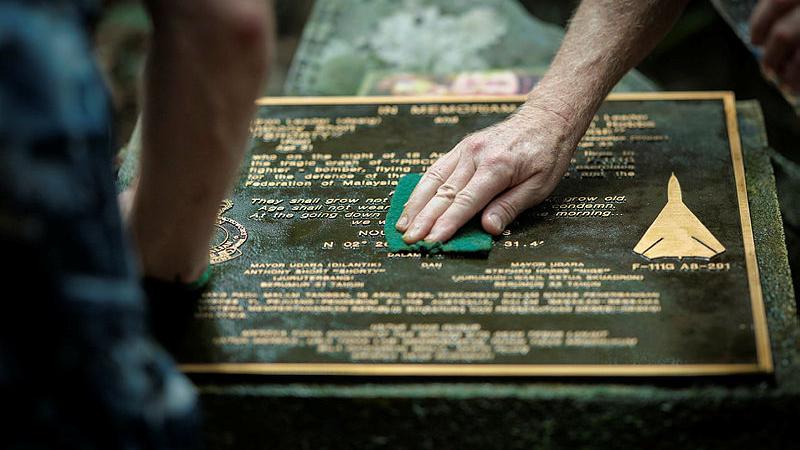A radical theatre troupe which emerged out of New Zealand’s counterculture in the early 1970s is the subject of Red Mole: A Romance, a new film by Annie Goldson.
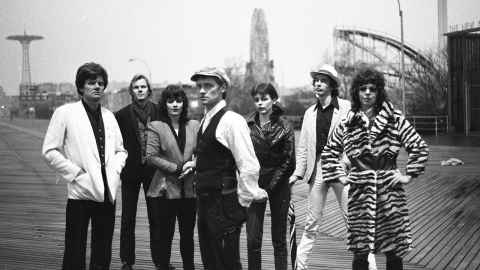
A social and political history, threaded through with a poignant personal story, Red Mole: A Romance premieres at the 2023 Whānau Mārama International Film Festival, which opens in Auckland on 19 July.
Directed, edited and produced by Annie Goldson, a professor of communication at the University of Auckland, the documentary was filmed in Mexico, New York City and in Tāmaki Makaurau Auckland, Te Whanganui-a-Tara Wellington and Wanaka; locations meaningful to the story, says Goldson.
“Red Mole’s theatre blended poetry, performance, rock music, fire-eating, puppetry, mask and political satire, defying genre and New Zealand’s conservative theatre tradition.”
The troupe reached peak fame in the late 1970s with their cabaret Capital Strut, performed on Sunday nights at Carmen’s Balcony, a famous strip club in Wellington.
This was followed by their first big written show, Ghost Rite, which opened at the Opera House nearby.
“The difference in these two locations was vast, but shows the versatility and energy of Red Mole, who performed everywhere from camping grounds and local halls to department stores and prestigious theatres,” says Goldson.
Soon after Ghost Rite, Red Mole took off to New York, eschewing London, the usual destination for Kiwis heading off on an OE.
“The city had hit hard times, with the crack and AIDs’ epidemics looming, but Red Mole thrived for a time, until the pressures of the city caused fractures,” she says.
The film has close links to the University, which is a primary funder.
“I didn’t approach industry funders, feeling they would be unlikely to support a long documentary about a pre-internet radical theatre troupe that not many people now remember. But the links go beyond funding.”
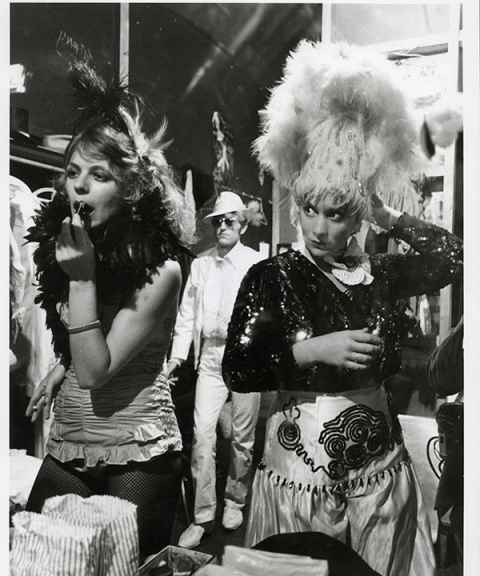
Alan Brunton and Sally Rodwell, the two founders, met at the University of Auckland as students and later married.
“Alan was a radical poet who emerged from the English department while Sally studied theatre and was affiliated with the Auckland University Students’ Association.”
Alan and Sally were soon joined by Deborah Hunt and John Davies, while others came and went.
Alan died suddenly in the early 2000s and Sally a few years later, leaving a daughter, Ruby Brunton, herself a talented writer and poet.
A friend of the couple, Michele Leggott, a professor of English in the Faculty of Arts and notable poet, organised for Red Mole’s huge archive to be given to Special Collections at the University library.
“This was an extraordinary resource – everything from poetry, scripts, films, videos, posters, music tracks, ephemera – that was invaluable to the film and the librarians were wonderful to work with, and very patient,” says Goldson.
In the film, she uses the music of composer Ewan Collins, a recent graduate from the School of Music, and Heather Wallace and Harry Ashley, two Faculty of Arts summer scholars who she says have done excellent work.
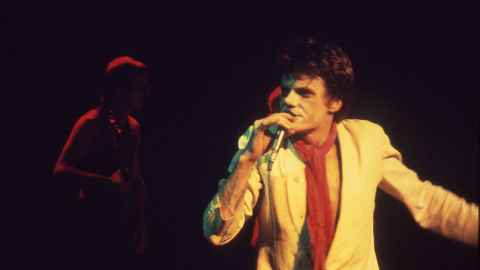
Reviewer, New Zealand journalist Chris Bourke, notes in the festival programme that the film’s support material – archival footage, photographs, scrapbooks, stage designs, posters – is “extraordinarily rich”.
“The documentary is like witnessing Red Mole during its triumphal season at Carmen’s Balcony while experiencing the excitement and exhaustion of joining a dramatic, intellectual circus. As in the best theatre, there is laughter, and tears.”
The 90-minute film will have two screenings during the Auckland leg of the festival on 4 and 5 August at the ASB Waterfront Theatre. There is also a ‘special event’ release planned for November involving about 12 cinemas, likely to be in Auckland and Wellington.
